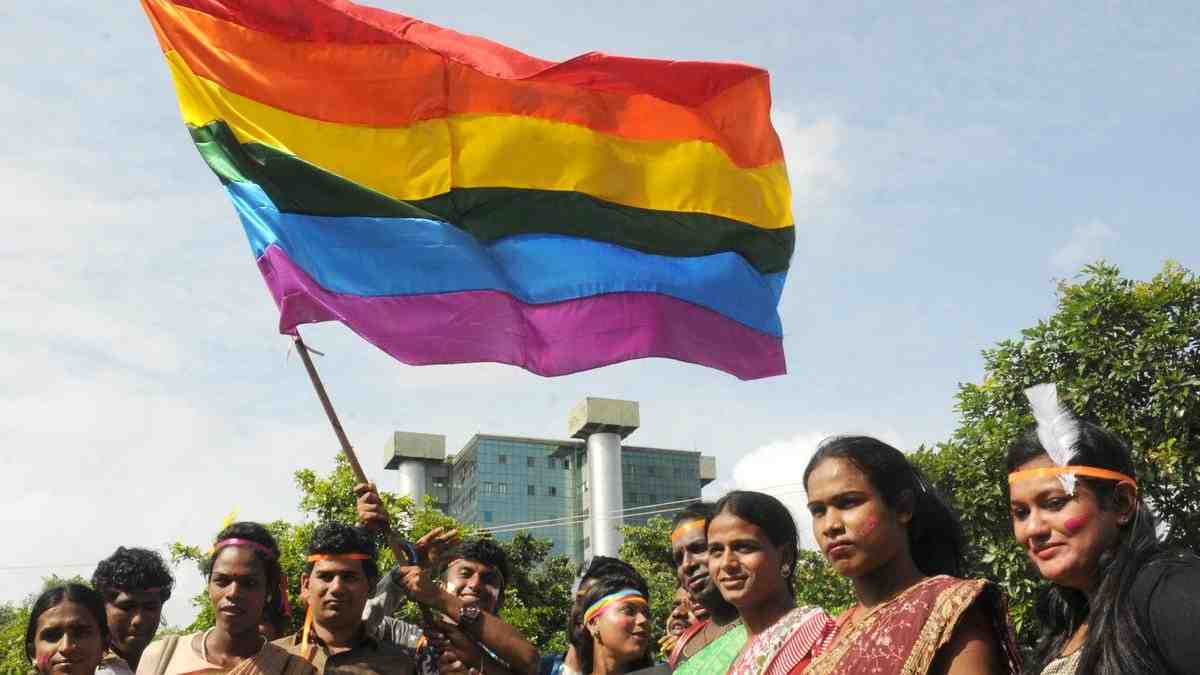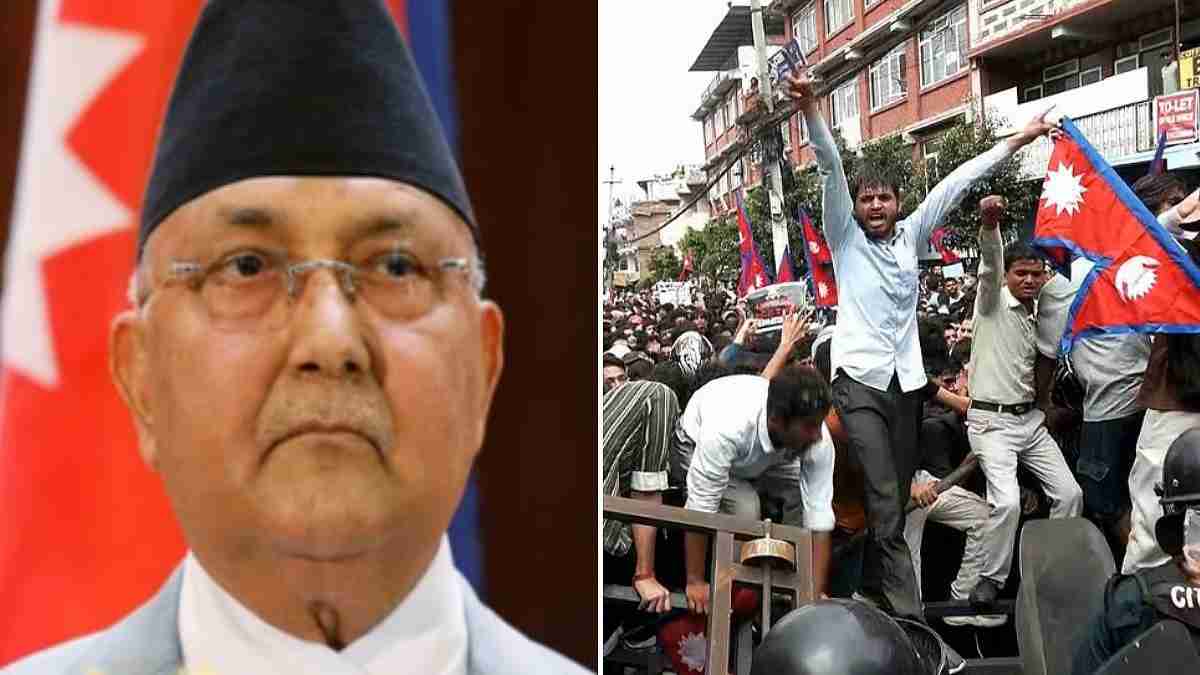A Student-Led Push for Gender-Inclusive Learning in Schools
- Supreme Court Issues Notice
- The Supreme Court has sought responses from the Union Government, NCERT, and six state governments—Maharashtra, Punjab, Andhra Pradesh, Telangana, Tamil Nadu, and Karnataka—on a petition filed by a Class XII student from Delhi.
- The Demand
- The Public Interest Litigation (PIL) requests the inclusion of transgender-inclusive Comprehensive Sexuality Education (CSE) in school syllabi, especially within materials produced by NCERT and State Councils of Educational Research and Training (SCERTs).
- Legal Foundations
- The plea argues that both NCERT and SCERTs have failed to comply with the Supreme Court’s 2014 NALSA judgment and the Transgender Persons (Protection of Rights) Act, 2019, which mandate gender-inclusive education under Sections 2(d) and 13.
- Findings
- The petitioner found that most textbooks lacked scientifically accurate, structured content on gender identity, diversity, and sexuality—topics essential for inclusive education. Kerala stood out as a partial exception.
- Rights & Violations Cited
- The exclusion of transgender perspectives in curricula violates rights to equality, dignity, freedom of speech, and the right to education, as guaranteed by the Indian Constitution. It also breaches principles of social justice under the Directive Principles of State Policy.
- Global Best Practices Referenced
- The petition cites the UNESCO-WHO International Technical Guidance on Sexuality Education, previously recognized by Indian courts, to support the demand for reform.
What the Petitioner Seeks
A court directive for NCERT and SCERTs to:
- Integrate age-appropriate, transgender-inclusive CSE into examinable curriculum.
- Develop binding guidelines for gender sensitization in schools nationwide.
Court’s Deadline
The Supreme Court bench, headed by Chief Justice B. R. Gavai and Justice K. Vinod Chandran, has given the respondents eight weeks to submit their responses.



